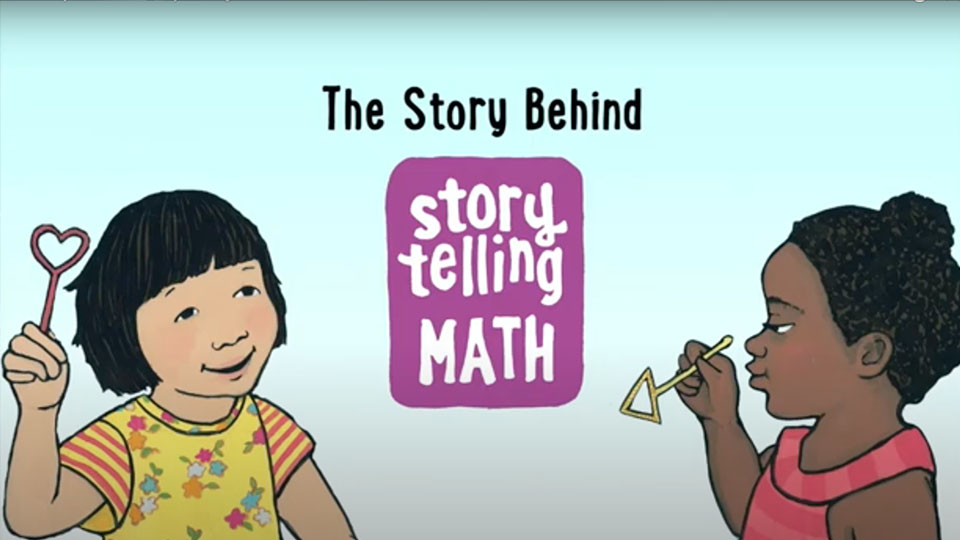Powerful Math Teaching and Learning: The Investigations Center for Curriculum and Professional Development (2023)
Description
The Investigations Center for Curriculum and Professional Development is dedicated to advancing the teaching and learning of mathematics for all students and teachers. The Center is home to Investigations in Number, Data, and Space, a K–5 mathematics curriculum designed to support powerful math teaching and learning. Learn more about the work of the Center in this video, including our recent efforts to support a more explicit focus on equity in elementary mathematics classrooms.
Visit the Investigations Center for Curriculum and Professional Development and the Forum for Equity in Elementary Mathematics for more information.
Award: NSF and TERC
Discussion
This discussion took place during the TERC Video Showcase Event Nov. 14-21, 2023. Discussion is now closed.Presenters
Lead Presenter

Karen Economopoulos
TERC
TERC
Co-Presenters

Annie Sussman
TERC
TERC

Arusha Hollister
TERC
TERC





Thank you so much for your comments. Considering the aspects of an equitable math learning environment and thinking about how to address issues of equity have increasingly been woven into the professional development we provide. The Equity page of the Investigations website includes several resources we have developed for educators using Investigations.
Most recently, we have begun work on creating professional development offerings related to the classroom resources available on the Forum for Equity, which are designed for elementary mathematics educators, regardless of the curriculum materials they are using.
Thank you so much for your comments. It is interesting to think about what the term “powerful mathematics” means through an equity lens. Several of the elements of powerful math teaching and learning mentioned at the start of the video are a part of the Framework for Reflecting About Equity in the Elementary Mathematics Classroom. This framework has guided much of our recent work as we continue to think about how to engage each and every student in powerful mathematics.
Thank you for your questions. Since the 1st edition was released in 1998, the number of schools and district implementing Investigations has increased with the release of each new edition. With that comes a larger group of educators who represent a wider range of experiences and perspectives about the teaching and learning of elementary mathematics. Schools and districts that adopt Investigations are often seeking curriculum materials that reflect a more problem-based and student-centered approached to teaching and learning. For some teachers, Investigations requires a shift in thinking and perspective, but most often they are quickly engaged by how their students are making sense of the math as evidenced by their written work and their explanations. We are starting to see more teachers and math coaches who want to learn more and/or dig deeper when it comes to thinking about equity practices that relate to developing and sustain an equitable math learning community.